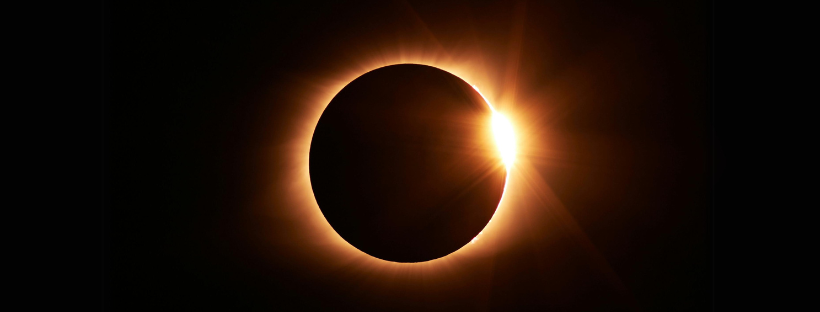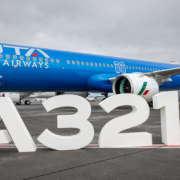Eclipse in the air: Delta’s exclusive Flight 1218 takes you to the heart of totality
Buckle up for a celestial adventure with Delta as the airline unveils an exclusive opportunity for umbraphiles – those enamoured by total solar eclipses.
On 8 April 2024, Delta is set to operate a special flight, Flight 1218, from Austin to Detroit, offering passengers a unique chance to witness the total solar eclipse from the sky.
Scheduled on an A220-300 aircraft, renowned for its extra-large windows, this flight promises an unparalleled viewing experience for eclipse enthusiasts. Departing from Austin at 12:15 p.m. CT and landing in Detroit at 4:20 p.m. ET, the timing has been meticulously planned to provide passengers with the best opportunity to observe the solar eclipse at its peak.
Eric Beck, Managing Director of Domestic Network Planning, expressed the collaborative effort behind this unique flight, stating,
This flight is the result of significant collaboration and exemplifies the close teamwork Delta is known for — from selecting an aircraft with larger windows to determining the exact departure time from Austin and the experiences at the gate and in the air.
But the celestial spectacle doesn’t end there. Even if you miss the special flight, Delta offers prime eclipse-viewing opportunities on five additional routes on 8 April.
Don’t forget your protective viewing glasses if you’re on these flights:
- DL 5699, DTW-HPN, 2:59 pm EST departure, ERJ-175
- DL 924, LAX-DFW, 8:40 am PST departure, A320
- DL 2869, LAX-SAT, 9:00 am PST departure, A319
- DL 1001, SLC-SAT, 10:08 am MST departure, A220-300
- DL 1683, SLC-AUS, 9:55 am MST departure, A320
For ground-based spectators, Delta flies to many destinations within the path of totality, including San Antonio and Little Rock.
Warren Weston, Delta Air Lines Lead Meteorologist, highlighted the significance of the upcoming eclipse, stating,
The April 8 eclipse is the last total eclipse we’ll see over North America until 2044. This eclipse will last more than twice as long as the one that occurred in 2017, and the path is nearly twice as wide.
It’s important to note that while Delta’s plans are designed to maximise time within the path of totality, factors beyond their control, such as weather and air traffic control, could impact timing and aircraft.
As the rare celestial event draws closer, those eager to book this astronomical adventure should contact their Global Travel Management Account Manager.

















